Bulgaria’s capital Sofia has been a center for different cultures, nations and ethnicities since ancient times, which is mainly due to its strategic geographic location- a crossroad between Western Europe and the Middle East. The city’s complete transformation began after the Liberation of Bulgaria from the Ottoman rule in 1878 when it was declared capital of the Principality of Bulgaria. This decision was taken by the Constituent National Assembly at the suggestion of Bulgaria’s public figure Professor Marin Drinov. His idea was immediately supported by the rest of the Parliament’s members, because at that time everyone wanted to see Bulgaria expand to the West and its capital (i.e. Sofia) to be in the central part of the country.
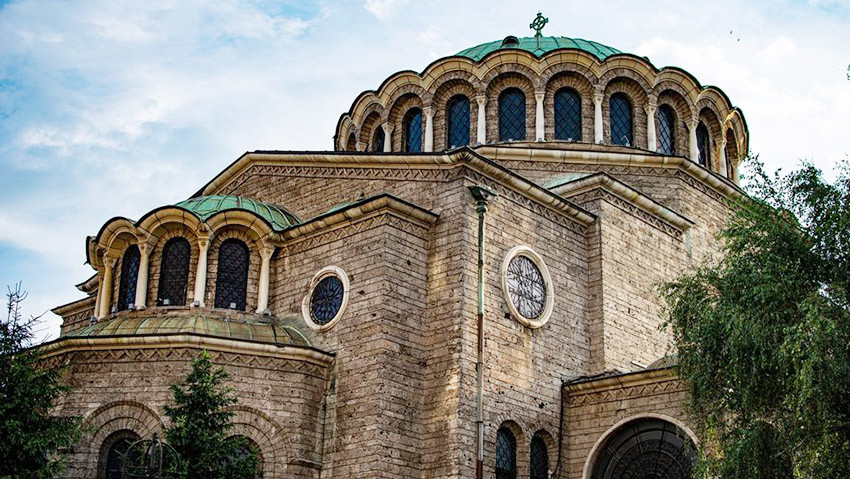
On the eve of the Day of Sofia marked on September 17, young Bulgarians remind this and many other interesting stories from the past of the Bulgarian capital. The route of their historical walk crosses many emblematic buildings downtown Sofia.

Those who decide to become tourists in their home town learn details about the current functions of these emblematic buildings, as well as about the lives of their predecessors. The organizer of the historical walk Petar Budinov told Radio Bulgaria details about one of the emblematic places in Sofia:
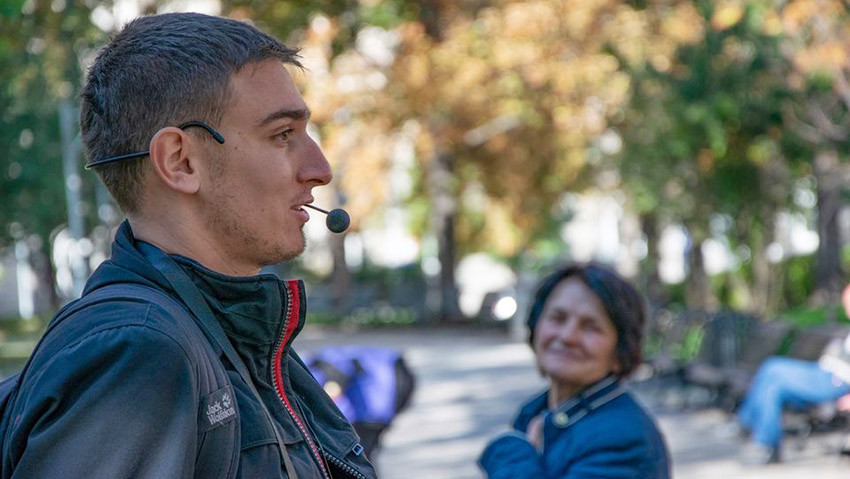
“”Before the construction of the Sofia University, there was another important and emblematic place in this area- the so-called Eagle’s Inn (Orlov han). This was one of the first buildings anyone entering the city through the emblematic Eagles’ Bridge would see. Most people coming from the East used to visit this place.

Today, this place is quite different from what it was in the past when there was a huge swamp only several meters away from the inn and every passer-by tried to go round it. The National Library was built few meters away from the old swamp on top of an old cemetery.”
The two-hour historical walk also pays special attention to the European architects who contributed to the urban development of the town and turned the small oriental village, whose population in 1878 amounted to just over 11,000 residents, into flourishing and vibrant capital city. Czech architect Antonín Kolář (the first chief architect of Sofia), as well as prominent Austrian architects Friedrich Grünanger, Hermann Helmer and Ferdinand Fellner were among them. Some of the buildings designed by these renowned foreign architects still adorn the central part of Sofia and other big Bulgarian cities. Over the years, the buildings became silent witnesses of a series of fateful decisions for the country.
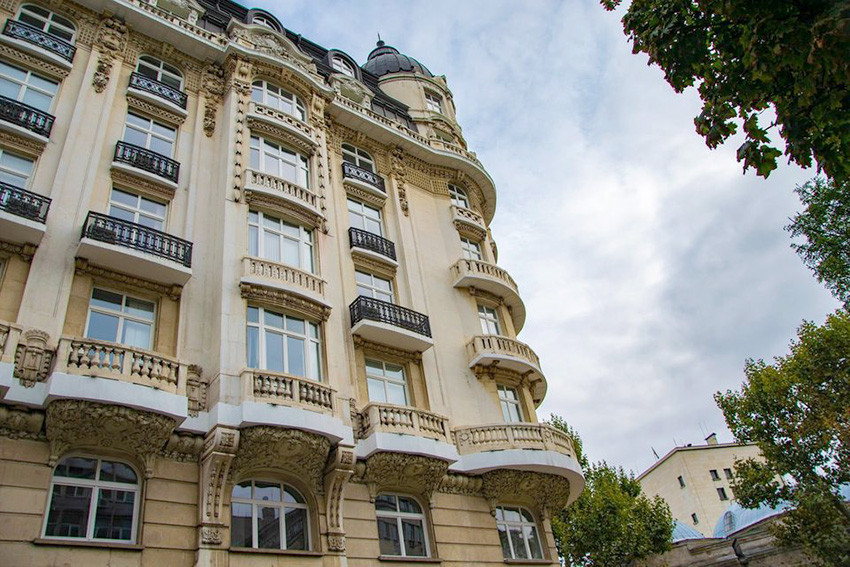
“The emblematic Royal Palace downtown Sofia looked completely different before and after the liberation of Bulgaria. The building which withstood all vicissitudes of time shows the progress the capital city has made in its development.
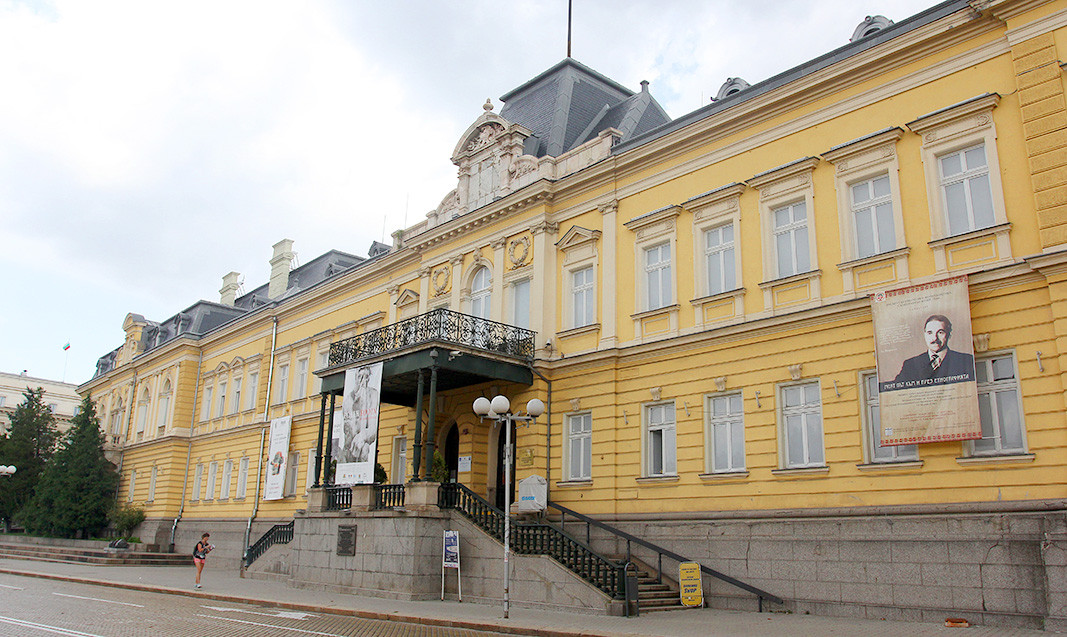
The Royal Palace initially served as Turkish konak where Bulgaria’s Apostle of Freedom Vasil Levski was sentenced to death. Later, it served as a residence of the royalties of the Third Bulgarian Kingdom. It is now home to the National Art Gallery and the Ethnographic Museum.”
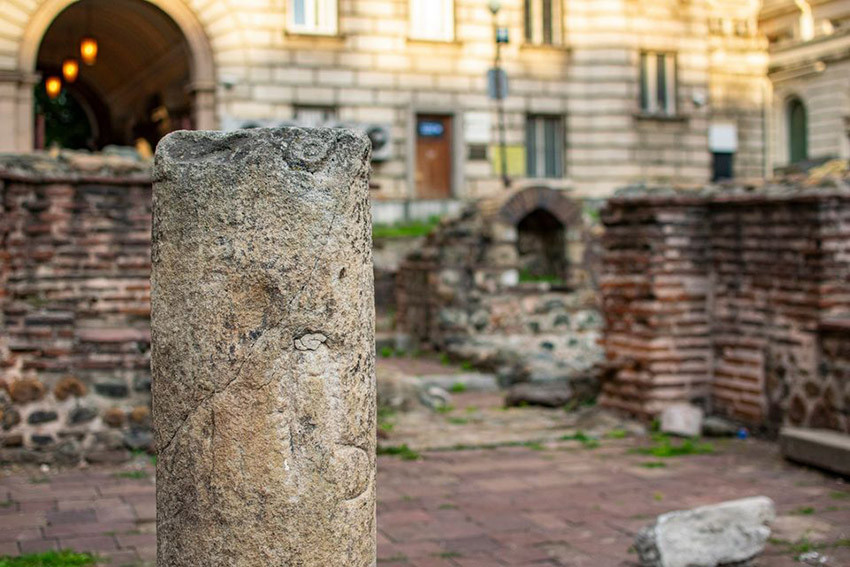
English version: Kostadin Atanasov
Photos: Facebook/@postapkite and BGNESMore than 4,000 participants from 52 masquerade groups from all over the country will take part in the Jamala National Masquerade Festival in Kyustendil on 15 and 16 February. A children's folklore procession will start from Velbazhd Square at 10.30 a.m...
With more 40 thousand archaeological sites and artifacts, Bulgaria is a true open-air museum. In terms of the number of finds, this country ranks third in the world after Italy and Greece. From the Neolithic, eight millennia ago, to..
NATO tests new 'no U.S.' mission model in Balkans NATO is testing its ability to deploy rapidly across Eastern Europe - without direct US support - as Washington shifts its approach to European defence and the war in Ukraine, the Associated Press..
Easter 2020 went down in history with two things. The first was the state of emergency, introduced due to the Covid-19 pandemic that..
152 years after Bulgaria lost its beloved son and advocate for a free, independent and tolerant state – Vasil Levski, his personality continues to excite..
152 years after the death of the Apostle of Freedom, the personality of Vasil Levski continues to excite Bulgarians, regardless of whether they are in the..

+359 2 9336 661
